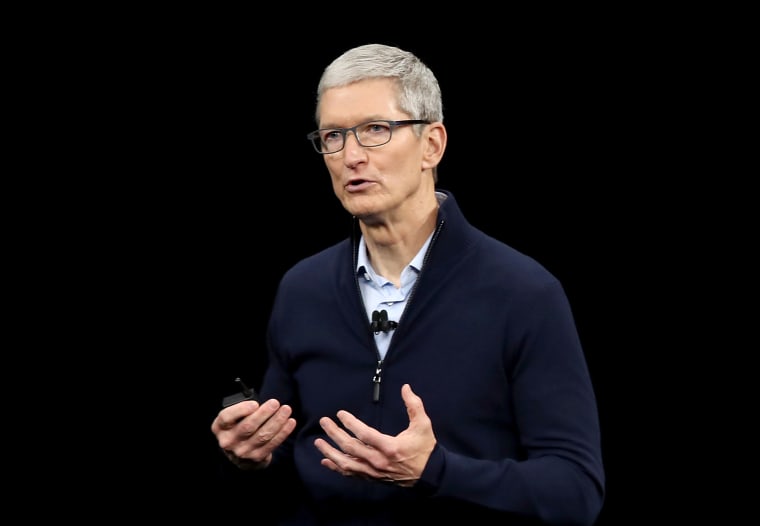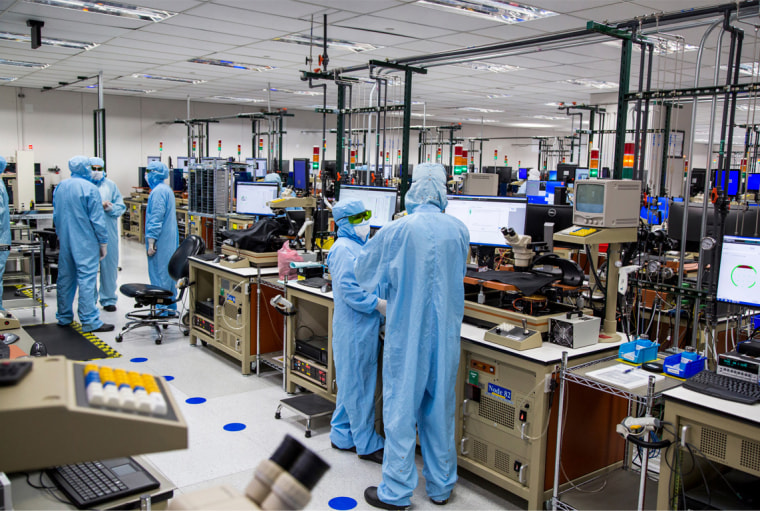Apple unveiled a five-year investment plan in the United States on Wednesday that will create 20,000 new jobs and involve opening a second campus, the location of which will be announced later this year.
But in classic Apple fashion, there was at least "one more thing" to announce.
Apple, which likes to remind people it is the United States' biggest taxpayer, said it will pay $38 billion in taxes on some of its overseas cash to the United States under the new tax plan.

The company did not say how much, if any, of its reported $250 billion stockpile it planned to bring back to the U.S. However, the new tax plan has been designed to make such transactions easier.
Related: Apple agrees to pay $15.4 billion in back taxes to Ireland — even though the Irish don’t want it
Overall, the increased investment in its domestic business will deliver a $350 billion jolt to the U.S. economy over the next five years, according to a news release from Apple.
Apple's statement did not say how it arrived at that number. However, the company said the $350 billion figure does not include Apple's "ongoing tax payments, the tax revenues generated from employees’ wages and the sale of Apple products."
"It’s smart. Apple is one of the few companies that I believe, they believe this is the right thing to do, and they're not just doing it to be clever corporate marketing people," said Patrick Moorhead, principal analyst at Moor Insights & Strategy.
At the same time, Moorhead said it's also a way for Apple to "get ahead of potential criticism that they are taking advantage of Trump’s tax plan."
"They're re-enforcing they are the biggest taxpayer in the United States and that they are doing their part to help with job creation, particularly in the middle of America," said Moorhead.

Apple also said it would increase the size of its Advanced Manufacturing Fund, which was announced last spring, from $1 billion to $5 billion. The fund was created to support American manufacturing and to help others set up shop in the United States.
With software development jobs on the rise, and not enough qualified applicants to fill them, Apple also committed to expanding its coding initiatives and supporting educators to help bring the next generation into the app economy.
The news sent Apple's stock up nearly 2 percent. Apple is the world's most valuable company and has a value of $917 billion, putting it on track to become the world's first trillion-dollar juggernaut.